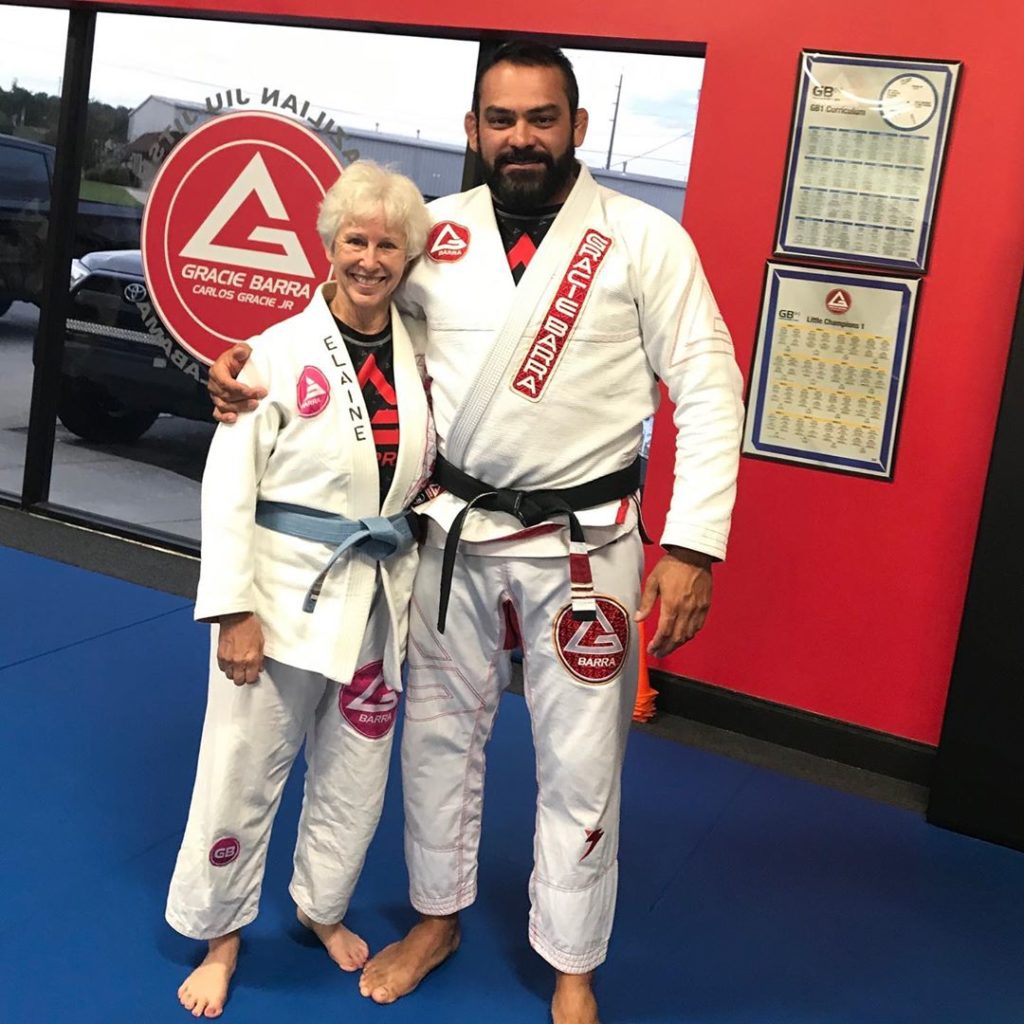GB Student Question: Training With Smaller Partners

On GB Blog we have talked before about the challenges and tips for smaller, lighter students in jiu-jitsu. But what about the opposite?
ㅤ
A student writes in to talk about the perspective of being one of the bigger people in the class.
ㅤ
“I’m a bigger guy – about 230 lbs and over 6 feet tall. My instructor always reminds me not to rely on my strength and size in rolling. Many smaller students are reluctant to roll with the ‘big guy’. I don’t want to be the big guy who just powers out of moves and squashes people. How do I roll with smaller training partners?”
ㅤ
Now at first, many of the lighter Gracie Barra students reading this might not feel very sympathetic to this student’s viewpoint, but his perspective is valid. Often times when a heavier student is training jiu-jitsu, any time they are successful with a move, it is dismissed by the opponent saying “gosh, you are so heavy on top!” or “you are so strong!” As if the success of the positions was purely due to an unfair size and weight advantage and zero credit attributed to their technique.
ㅤ
There IS the temptation for the stronger student to power out of techniques in rolling. One time I provided some constructive criticism to a bigger, more athletic guy to try to use less brute force and more technique when he rolled. He threw up his hands in exasperation and said “They are better than me! But I’m not going to let them kick my butt!”
ㅤ
Fair enough.
ㅤ
The argument against his strength-heavy approach was that yes, it was enabling him to avoid getting trapped in the roll, but at the same time was robbing him of the opportunity to develop his technique. Our #1 priority in rolling at the Gracie Barra school should be to learn and develop our technique – not just to “win” the roll.
ㅤ
Furthermore, if a bigger student gains a reputation in the class for being rough and using an excessive amount of explosive power, they might discover it more difficult to find willing training partners.
ㅤ
So, how to approach rolling with smaller, lighter training partners? Here are a few tips.
ㅤ
1- Try to look for a technical solution to your rolling problems. In fact, this applies equally to smaller students – who don’t have the option to power out of bad positions. Instead of relying on pure strength to get out of a bad position, pause and ask yourself if there is a technical solution you should use? A lack of technical development will be exposed as soon as the big guy meets an opponent of equal size in a tournament only to discover that they no longer can rely on overpowering their opponent. Technique first!
ㅤ
Pause in a bad position and ask yourself if your method of escape would work on an opponent of equal size and strength? If not, then you need to look more closely at the technical details and find a technical solution.
ㅤ
2- It’s ok to use your weight. Many big guys feel like they are almost cheating when they apply to weight and pressure to their opponents. A black belt friend of mine pointed out that the big guy should not apologize for using their weight to apply pressure as applying pressure and correct use of bodyweight are important and legitimate principles of jiu-jitsu. Moreover, the smaller opponents don’t feel the least guilty about using their speed and flexibility advantages! A valid point that I hadn’t considered.
As long as you are applying your weight in a technical, purposeful fashion, there is no need to feel guilty about employing your weight advantage.
ㅤ
3- Work from the bottom. Volunteering to start sparring on the bottom is a habit that many bigger guys use to maximize the effectiveness of their training. In truth, they could likely just steamroller over smaller opponents and get to the top but they take the opportunity to work on their bottom game. Always looking to employ the technique, timing, and leverage in the roll.
ㅤ
In addition, smaller opponents will feel a lot more comfortable rolling with you if they know that they won’t get trapped underneath 200+ lbs the entire time of the round. You will develop a higher degree of technique and have more complete jiu-jitsu and more willing training partners.
ㅤ
See also on GB Blog: Winning in Jiu-jitsu and in Life with Prof. Jefferson Moura (Part 2)
ㅤ
Writer: Mark Mullen, Gracie Barra Black Belt
